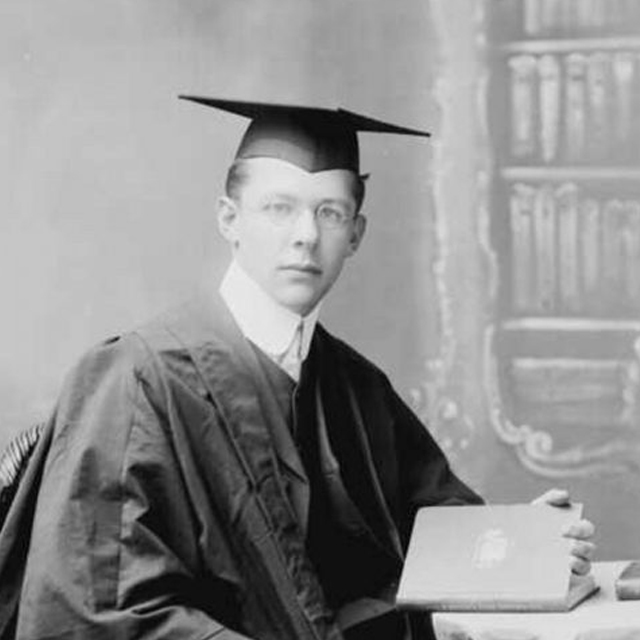Prof Raymond William (RW) Wilcocks was born at Vryburg in the former Cape Colony (after SA split into nine provinces, it now resorts under the North West Province) on 23 January 1892. He completed his primary and secondary studies in Stellenbosch, after which he enrolled at the Victoria College (today Stellenbosch University) for a bachelor’s degree in social sciences. Upon graduating in 1912, he received a subsidy to further his academic interests at the University of Berlin, where he obtained his doctorate in philosophy (cum laude) in 1917.
Wilcocks returned to South Africa the following year and took up the position as professor of logic and psychology at the newly founded Stellenbosch University (SU). One of his initial projects was to oversee the construction of the country’s very first experimental laboratory for psychology. It was based on the renowned Leipzig laboratory of Wilhelm Wundt, and helped lay the foundation for the local development of psychology as a social science – thus helping to pave the way for related fields such as industrial psychology, psychological testing, and clinical psychology.
During 1930, Wilcocks prepared the first standardised Afrikaans group intelligence test, which remained valid for nearly 50 years. In addition, as a member of the Carnegie Commission that looked into the matter of poor whites in South Africa (1929-1932), he compiled the report’s psychological findings. Other commissions he served on include the Commission of Inquiry regarding the Cape Coloured population (1938).
Wilcocks was appointed chair of the SU Senate in 1933, and the following year he also became rector of the institution. During his two-decade term in office (he retired in 1954), the University experienced impressive growth overall. For example, the student population doubled and new hostels and academic buildings were constructed. Several new departments were also founded, including the Conservatorium for Music (1934), the Department of Physical Development (1937) and the Faculty of Engineering (1944).
Afrikaans as academic language was a cause that Wilcocks campaigned in favour of throughout his career. As lecturer he presented his courses in Afrikaans, and when the Woordeboek van die Afrikaanse Taal (WAT) went through financial difficulties between 1945 and 1946, he successfully negotiated funding from the government that lasted for several years.
Prof Wilcocks passed away on 16 March 1967. The universities of Oxford and Stellenbosch conferred honorary doctorates on him, and a building at SU was named after him in 1966.
